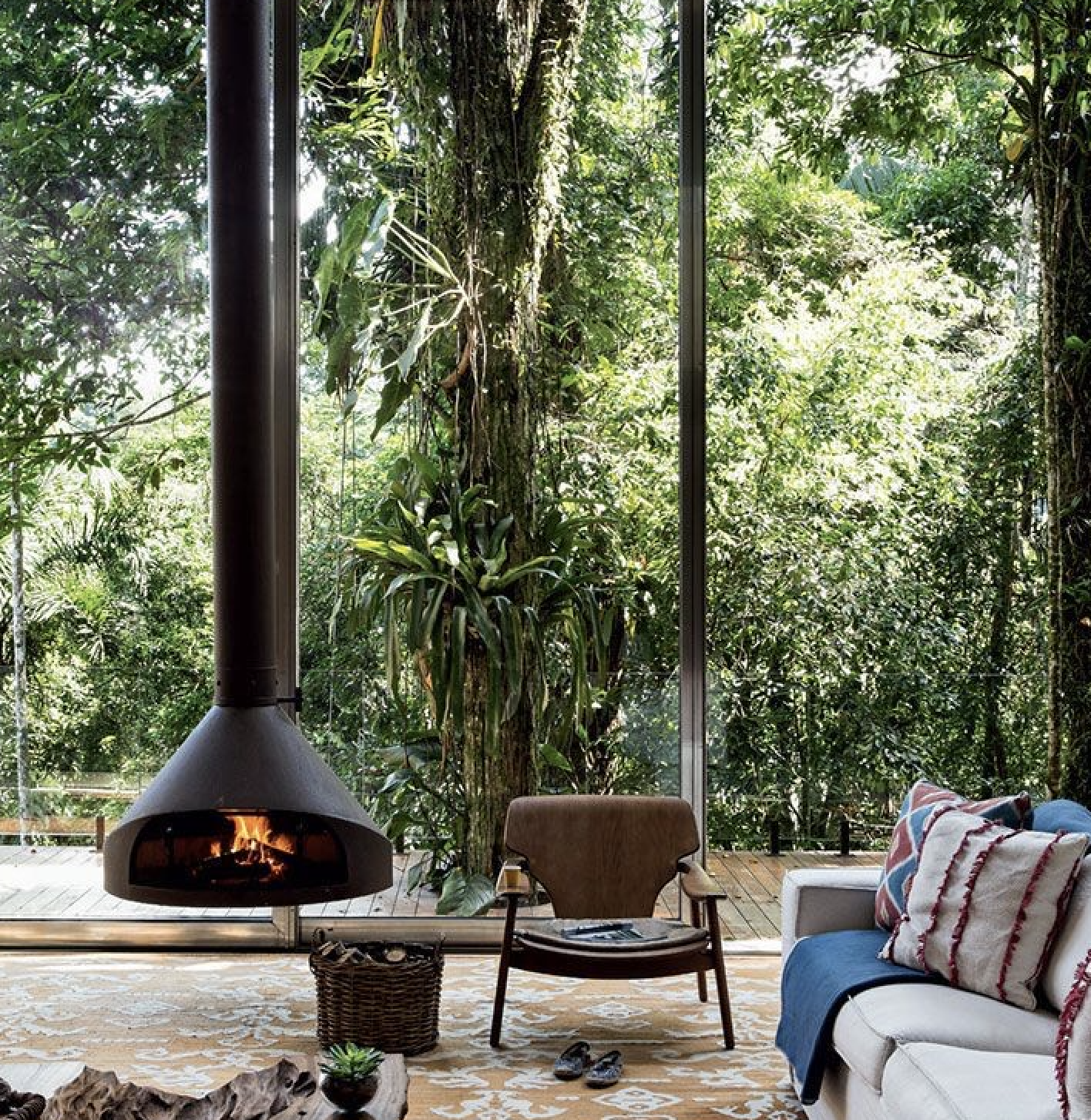Escaping a sea of grey cubicles
Like many of you, ‘work’ for me has taken various forms over the course of my life. I’ve had precarious work, no work, working for myself and working for faceless corporates who can’t remember my name. I’ve been a waitress, a stable hand, and a “cast member” in Willy Wonka’s Chocolate Factory Shop in a theme park where I listened to ‘that’ part of the movie hundreds of times in a shift. And ate a lot of chocolate.
I’ve been a divisional manager, a C-suite member, and a Board Chair. I’ve had my own business. I’ve had jobs where I can’t wait to leap out of bed, like Steven Spielberg, too excited to eat before I dive into my day. I’ve had others where I could barely bring myself to get out of bed. Where the thought of even going to the office left me wondering if I was deeply depressed. I probably was.
I spent most of my working life trying to please other people and striving to be the perfect employee. Gantt charts? KPI’s? I loved them. I couldn’t wait to race headlong into the toxic tick-a-box culture that is a bit like human budgeting. See what you did last year? So good! Now let’s do all that again and 10% more.
I’ve started a new management job in a high-level corporate and been made to feel invisible because I dared to leave the office around 5.30 pm to face my 90-minute commute home. Modern work in this way can feel like those racks used to torture people in medieval times. Let’s see how far we can stretch you. Your job can feel like a military incursion. We are constantly “diving deep”, “invading that space”, “eliminating”, “surveilling”, “finding their weaknesses and taking them down”.
Why are we surprised when people shut down and burnout? People who enjoy militaristic cultures generally sign up for the military, not an office job.
But I’m not sure that people do just want to lie flat, like Mr Luo, a 31-year-old former factory worker who, fed up with working in a culture of 9am-9pm six days a week, quit his job, drew the curtains and crawled into bed. But I think increasingly we can relate to what Mr Luo was making a statement for, “the right to choose a slow lifestyle of reading, exercising and doing odd jobs to get by”.
I don’t think we are rejecting work outright, but rather the dehumanisation of it. I think what people are railing against is being made to feel like cogs in a machine. It’s a protest against peak capitalism.
Since we are two years into a global pandemic, many of us have forgotten what Monday morning looked like. In my former work-life, I’d walk to the office from the train station or the car park and I was already worn out. I’d been squeezed into an aluminium rectangle for nearly an hour, a place where everyone tried to pretend that everyone else didn’t exist. Where perhaps their entire morning didn’t exist. Or in my car. Maybe it took longer and I had to spend my whole week’s lunch budget on parking but at least I didn’t have to listen to the person next to me on the phone.
But what if we are just exhausted by all of this? What if we don’t want to get up at 4 am every day, run 5 kilometres, and have coffee with butter in it? Have we failed before we’ve even left home and is all hope of a productive and satisfying day lost?
What I do care about is asking different questions, reimagining how we work, and helping people escape from an existence of quiet desperation. So, thank you for being here.
I wander in between worlds of hard scientific research in laboratories, (where we use neuroscience to investigate the effects of work and the workplace on our brains and bodies), to sitting with people who are desperately wondering what the hell they should do with their life. People who are so invested in a path, they don’t even know where to begin. Of corporate retreats where I’m tasked with trying to build teams, build cultures, destroy cultures, or get people to work harder. Get them to work less. Get them to give up their desk. The list goes on.
I don’t have all the answers. What does work mean now and how can we live more creative and meaningful lives? Let’s rethink work on all levels. No more lip service. No more greenwashing of the machine. I’ve been wandering between these worlds, this experiment of work and life, for a long, long time now, wondering at times if we are insane, taking a multi-disciplinary lens (anthropology, neuroscience, psychology, urban design and others), to see if there are patterns that we can make sense of.
I’m certain we can reimagine work. For people, places, and the planet. Doing things differently so that people aren’t hurtling through their careers, living lives of quiet desperation. Hopefully, this is a one-in-a-hundred-year pandemic. Who knows, but it has certainly been a one-in-a-hundred-year gift to tear down our assumptions about where, when, and how work should be done.
From here, we have a chance to create a whole new path.
If you would like more on the future of work and how we can reimagine work to live more meaningful and creative lives follow along here https://www.libbysander.com/newsletter

